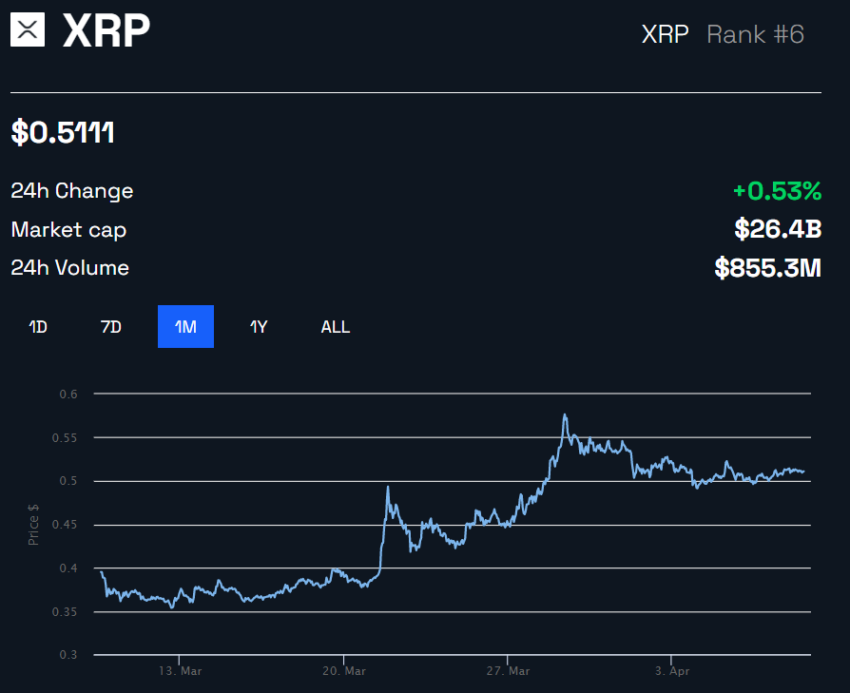New facts emerge in SEC vs. The Ripple (XRP) case
The case between the US Securities and Exchange Commission (SEC) and Ripple has a new twist after the financial regulator’s experts said that XRP’s price was influenced 90% of the time by Bitcoin and Ethereum.
Crypto attorney Bill Morgan shared a screenshot of statement on Twitter, noting that this defeats the SEC’s claim that Ripple’s efforts were responsible for XRP performance.
According to him, the narrative that Ripple controls the XRP price would be wrong because Bitcoin price movement generally affects other cryptocurrencies.

He also noted that the SEC argued in its summary judgment motion that Ripple took several measures to support XRP’s price. But it did not prove that the action worked, as the regulator only wanted to show that XRP buyers and holders expected profits from Ripple’s efforts.
However, Morgan added that the SEC can rightly argue that investors trust Ripple’s efforts. But the stake is not the business stake or XRP sale.
Instead, it’s the legal effort the company is making to fight the SEC lawsuit. “Not the kind of effort the court in the Howey case had in mind,” Morgan noted.
Pro-XRP Advokat shares opinion on Discovery
Pro-XRP advocate Jeremy Hogan has shared his opinion on the new fact. According to him, the judge could rule that all XRP sales since mid-2018 are not securities if she wanted to “split the baby.”
This is because the SEC expert has already admitted it. It could mean that Ripple would just pay a reasonable fine and continue business since it has become clear that XRP is not a security. He added:
“Maybe Coinbase will just sell Bitcoin and … XRP by next year.”
SEC and Ripple Case May Last Until 2026
Meanwhile, the new revelation adds more drama to the SEC and Ripple case, which has been ongoing since late 2020.
The prediction that the judge would rule on the summary judgment by March 31 had not come true, leading many to expect the case to last much longer.
Hogan believes the lawsuit could last beyond 2026, depending on the judge’s ruling in the case at hand. Since the parties can appeal any decision, any appeal could take the case all the way to the Supreme Court, he said.
XRP breaks $0.50
For the second time this week, XRP is trading above $0.51 after rising 0.53% in the last 24 hours, according to BeInCrypto data.
The digital asset rose 31% over the past 30 days, outperforming other top digital currencies such as Bitcoin, Ethereum and Cardano, which rose around 20% respectively.

Meanwhile, according to Lunar Crush data, XRP’s social dominance has fallen massively from the previous weeks’ highs.
Disclaimer
In accordance with the guidelines of the Trust Project, BeInCrypto is committed to objective, transparent reporting. This news article aims to provide accurate, timely information. However, readers are advised to verify the facts independently and consult with a professional before making any decisions based on this content.


